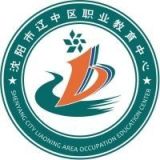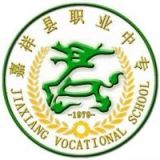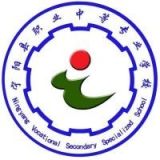如何制定有效的职业生涯规划书?

Step 1: Self-Assessment
- Reflect on your interests, skills, and values.
- Identify your strengths and weaknesses.
- Determine your career goals and aspirations.
Step 2: Goal Setting
- Set SMART (Specific, Measurable, Achievable, Relevant, and Time-bound) goals.
- Break down long-term goals into smaller, manageable steps.
- Prioritize your goals based on importance and urgency.
Step 3: Skill Development
- Identify the skills you need to acquire to reach your goals.
- Explore online courses, workshops, and certifications.
- Seek mentorship and networking opportunities.
Step 4: Career Research
- Identify industries and companies that align with your interests.
- Conduct informational interviews and research company culture.
- Attend industry events and conferences.
Step 5: Action Plan
- Create a realistic action plan with specific steps and timelines.
- Set realistic deadlines for achieving goals.
- Identify resources needed for skill development and career advancement.
Step 6: Continuous Monitoring and Adjustment
- Regularly review progress and adjust the plan as needed.
- Seek feedback from mentors, peers, and career coaches.
- Stay updated on industry trends and changes.
Step 7: Networking and Relationship Building
- Build a strong network of professionals in your field.
- Attend industry events and conferences.
- Seek mentorship and guidance from experienced individuals.
Step 8: Financial Planning
- Create a budget and track income and expenses.
- Explore financial aid options and scholarships.
- Save and invest for future career goals.
Step 9: Self-Care and Work-Life Balance
- Prioritize your physical and mental well-being.
- Set boundaries between work and personal life.
- Seek work-life balance to avoid burnout.
Step 10: Continuous Learning and Growth
- Stay updated on industry trends and best practices.
- Seek out opportunities for professional development.
- Embrace lifelong learning to enhance your skills.























































































































